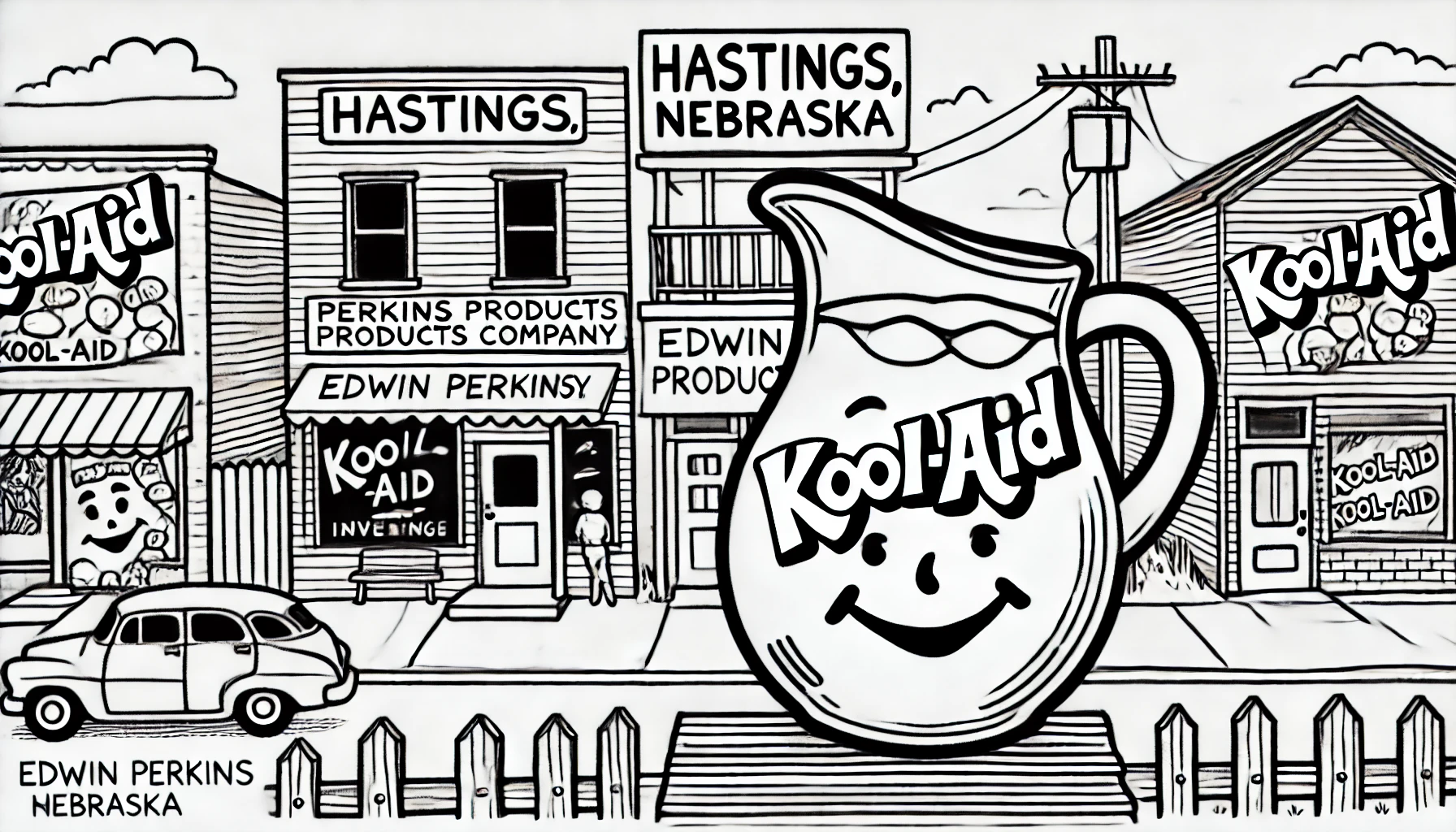Stodolni Festival in Omaha's Rich Czech Heritage

The Stodolni Festival, an annual celebration of Czech and Slovak culture, is held in Omaha, Nebraska, a city known for its strong Eastern European roots. The festival, named after the Czech word "stodolni," meaning "storage room," takes place in mid-September every year at the Sokol South Omaha clubhouse, located at 2020 U Street in Omaha. The Sokol is a community organization established by Czech immigrants in the late 19th century, with a mission to promote and preserve Czech-American heritage.
During the festival, visitors can experience traditional Czech cuisine, including dishes like goulash, svickova, and kolaches, prepared by local Czech chefs. The festive atmosphere is filled with live polka music performed by renowned bands such as the Tara Barta Band and the Omaha Sokol Polka Band. Dancers dressed in colorful traditional attire showcase the rich folk heritage of the region, while attendees are encouraged to join in on the lively polka dancing.
The Stodolni Festival is an integral part of Nebraska's eclectic cultural landscape, reflecting the state's rich history of immigration and cultural exchange. German and Czech immigrants arrived in Nebraska in the mid-19th century, attracted by the fertile land and thriving agricultural industry. Over time, these communities established festivals like the Stodolni to preserve their distinct traditions and cultural practices in the face of rapid Americanization.
Visitors to the Stodolni Festival can also explore exhibits showcasing Czech heritage, including presentations on genealogy and local Czech-American history. The event features local artisans selling handmade crafts, such as traditional Czech embroidery and glasswork. Additionally, children can participate in hands-on activities, including the Stodolni Youth Area, where they learn about Czech culture through storytelling and educational games.
A unique feature of the Stodolni Festival is the tradition of the Miss Czech-Slovak Nebraska Pageant, held in conjunction with the festival. The pageant honors young women of Czech or Slovak descent who demonstrate cultural knowledge, language proficiency, and a commitment to preserving their heritage. Winning contestants proceed to represent Nebraska at the Miss Czech-Slovak USA National Pageant, an annual event held in Wilber, Nebraska.
Throughout its history, the Stodolni Festival has continued to attract visitors from across Nebraska and beyond, solidifying Omaha's reputation as a vibrant center of Czech-American culture. Attendees at the festival experience a dynamic blend of cultural heritage, entertainment, and education, intertwined with the spirit of traditional Czech hospitality.
The festival organizers' dedication to preserving Czech and Slovak culture and heritage has made the Stodolni an important cultural event in the Midwest. The Stodolni's multifaceted celebration of Eastern European culture reflects Omaha's unique identity and reiterates the importance of preserving the nation's diverse cultural heritage.
The Sokol South Omaha organization has worked diligently to sustain and amplify the Czech-American tradition, acknowledging the evolving nature of cultural identity while maintaining its timeless essence. The organization also acknowledges the cultural exchange and borrowing that helped shape Czech-American society and enrich its diverse heritage.
During the festival, visitors can experience traditional Czech cuisine, including dishes like goulash, svickova, and kolaches, prepared by local Czech chefs. The festive atmosphere is filled with live polka music performed by renowned bands such as the Tara Barta Band and the Omaha Sokol Polka Band. Dancers dressed in colorful traditional attire showcase the rich folk heritage of the region, while attendees are encouraged to join in on the lively polka dancing.
The Stodolni Festival is an integral part of Nebraska's eclectic cultural landscape, reflecting the state's rich history of immigration and cultural exchange. German and Czech immigrants arrived in Nebraska in the mid-19th century, attracted by the fertile land and thriving agricultural industry. Over time, these communities established festivals like the Stodolni to preserve their distinct traditions and cultural practices in the face of rapid Americanization.
Visitors to the Stodolni Festival can also explore exhibits showcasing Czech heritage, including presentations on genealogy and local Czech-American history. The event features local artisans selling handmade crafts, such as traditional Czech embroidery and glasswork. Additionally, children can participate in hands-on activities, including the Stodolni Youth Area, where they learn about Czech culture through storytelling and educational games.
A unique feature of the Stodolni Festival is the tradition of the Miss Czech-Slovak Nebraska Pageant, held in conjunction with the festival. The pageant honors young women of Czech or Slovak descent who demonstrate cultural knowledge, language proficiency, and a commitment to preserving their heritage. Winning contestants proceed to represent Nebraska at the Miss Czech-Slovak USA National Pageant, an annual event held in Wilber, Nebraska.
Throughout its history, the Stodolni Festival has continued to attract visitors from across Nebraska and beyond, solidifying Omaha's reputation as a vibrant center of Czech-American culture. Attendees at the festival experience a dynamic blend of cultural heritage, entertainment, and education, intertwined with the spirit of traditional Czech hospitality.
The festival organizers' dedication to preserving Czech and Slovak culture and heritage has made the Stodolni an important cultural event in the Midwest. The Stodolni's multifaceted celebration of Eastern European culture reflects Omaha's unique identity and reiterates the importance of preserving the nation's diverse cultural heritage.
The Sokol South Omaha organization has worked diligently to sustain and amplify the Czech-American tradition, acknowledging the evolving nature of cultural identity while maintaining its timeless essence. The organization also acknowledges the cultural exchange and borrowing that helped shape Czech-American society and enrich its diverse heritage.
